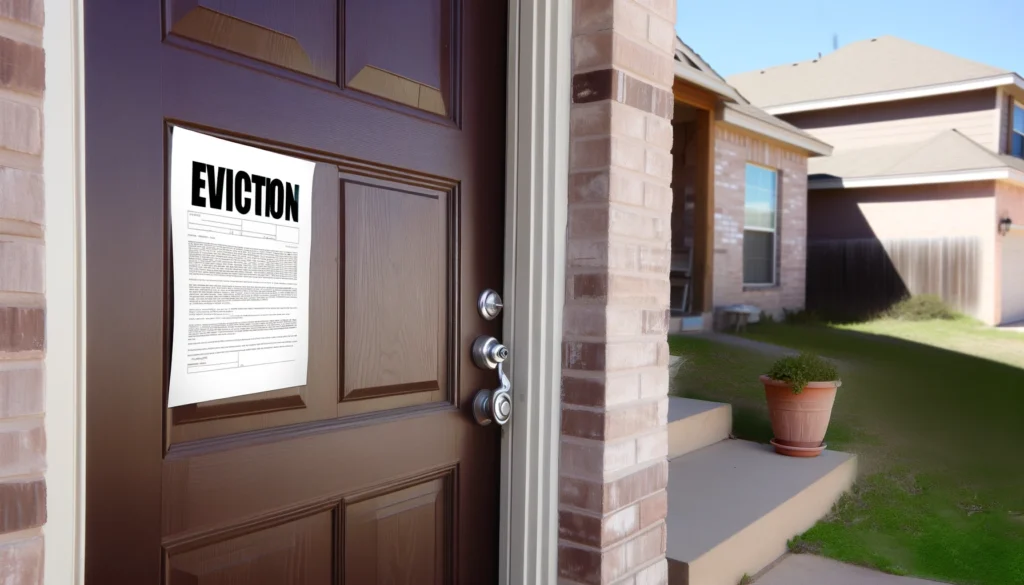Texas Eviction Laws: Vital Facts and Legal Essentials
Texas Eviction Laws: Vital Facts and Legal Essentials
Blog Article
Evictions are tough for both landlords and tenants, frequently concerning complicated legal procedures. Texas, being among the fastest-growing states, sees a significant amount of eviction instances each year. Understanding the eviction method and its appropriate nuances is critical for ensuring compliance and minimizing disputes. Here's a concise breakdown of the eviction process denton, along with important details and factors to help keep in mind.
Evictions by the Numbers in Texas
Texas sees tens of thousands of eviction filings annually. Based on the Princeton School Eviction Research, in 2016, Texas noted almost 169,000 eviction filings, equating to approximately 1,080 evictions per day. These figures highlight the scale of property uncertainty across their state and the importance of understanding the eviction process.
The COVID-19 pandemic more affected eviction trends. While moratoriums quickly paid off filings, recent raising of restrictions has generated surges in cases. Attention of rights and responsibilities is more critical than ever.

The Eviction Method Breakdown
Eviction in Texas uses a strict appropriate framework to make sure equity for equally parties. Here is a refined break down of the method:
1. Notice to Vacate
The method starts with the landlord helping a detect to vacate. Texas legislation usually involves this detect to be given at the least three times before filing an eviction match, though particular lease agreements might specify an alternative timeframe.
2. Processing of Eviction Lawsuit
If the tenant fails to vacate, the landlord can file an eviction lawsuit, called a Forcible Access and Detainer Suit, at the area Justice of the Peace Court. Number self-help actions (e.g., changing locks or removing possessions) are permitted.
3. Court Experiencing
The reading usually occurs within 10-21 times of filing. The landlord and tenant present their event, and the choose rules on perhaps the eviction is valid.
4. Writ of Possession
If the judge principles and only the landlord and the tenant doesn't vacate within five times, the landlord may demand a Writ of Possession, allowing regional authorities to remove the tenant.

Crucial Legal Factors
Tenant Defenses: Landlords can not evict tenants without appropriate legitimate notice and for discriminatory reasons. Landlords must adhere to federal and regional housing laws.
Lease Agreements: Researching lease terms is vital as they might outline certain conditions for termination or discover requirements.
Schedule: While Texas is noted for their landlord-friendly plans, correct legal functions should be used at all phases to prevent delays or violations.
Takeaways on Property Stability
The eviction process in Texas affects 1000s of families annually and provides as a sobering reminder of housing challenges. Apparent transmission between landlords and tenants, alongside adherence to legal recommendations, may lower misconceptions and pave the way for fair resolutions. By familiarizing themselves with the process, all parties may greater defend their rights and reduce unwanted conflict. Report this page